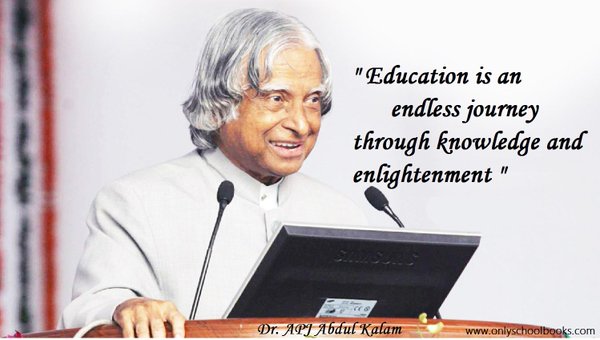Your next job title probably doesn’t even exist yet.
So your ability to expand your mind is the only skill that promises to pay dividends in the future! Therefore, you should never stop learning
By having a student-like mindset and learning to turn self-education into a daily habit, you can hone your current skills and develop new ones while enriching your mind. Then, when the time to adapt arrives, the transitions are less difficult.
Here are some measures to ignite and sustain a passion for learning:
- Start with heroes from the past.
“I must use these great men’s virtues as a cloak for my weakness.”
—Michel De Montaigne
Having heroes gives you an inspiration, a higher standard. You can pick someone in your field and always point toward them. “That is what they do in times of self-doubt” or “That is what they do every morning to make sure they get their work done.” It’s not about constantly comparing to make yourself feel unworthy or unproductive, but rather using a model of aspiration, something to motivate you to find your own rhythm and exert a bit more effort.
Wouldn’t it be great to have a mentor that slaps your hand when you reach into the cookie jar or someone to say, “Hey, I’ve been in this situation before, here’s what you should do?” Truth is, you may never get this kind of mentorship, and waiting for someone to pick you is the same as waiting for something great to happen. But you can actively choose your heroes, study their work and journeys, and identify the specific elements that make them great and utilize those lessons in your own life. What’s more, you can learn who inspired them and expand your knowledge from there.
- Take advantage of free educational resources.
“How can you squander even one more day not taking advantage of the greatest shifts of our generation? How dare you settle for less when the world has made it so easy for you to be remarkable?”
—Seth Godin
Technology has changed us into excellent gatherers of information. From books, podcasts, blogs, online courses, and tools that provide access to whomever you’re trying to connect with, you can study any subject. The access to tools that can bolster our desire to learn is incomparable to any other time in history. Picture your great-great-grandparents learning that you have access to all this information. They would likely be stunned that you didn’t spend all day reading and learning.
The tools and platforms that facilitate self-directed learning are growing by the day. Several websites provide content that is invaluable to our education. It’s easy to overlook the value of the tools and options that we now have compared to 20 years ago. Take advantage of them.
- Explore unrelated subjects.
“Creative insights often occur by making unusual connections: seeing analogies between ideas that have not previously been related. All of our existing ideas have creative possibilities.”
—Sir Ken Robinson
One of my favorite joys in learning is studying seemingly unrelated subjects and then connecting them to my interests. Knowing that my mind is being exercised to connect the dots, even if it’s a subject that’s unfamiliar, allows me to unearth new insights and develop a richer understanding. It helps with cross-pollinating ideas, exercising creativity, and exploring the edges.
If you find yourself devouring the same kind of information constantly, change it up. Dive into subjects that you’re unfamiliar with and extract insights that have potential for connection. It may not be important now, but who knows what frontiers will open up. Lifelong learners collect dots, but they are even better at connecting them.
- Make learning a habit.
“Education is what people do to you and learning is what you do for yourself. You’re not going to be on top of mountain all by yourself with a #2 pencil … What we need to learn is how to learn.”
—Joi Ito
A desire to learn is a fruitful asset that will fuel you throughout your life. Without this unquenchable desire to grow our understanding of ourselves and the world around us, we stagnate. We become comfortable with what we know and may feel that there isn’t anything else to learn. Of course, that kind of thinking is poisonous: there is always something that we can learn that will enhance how we lead our lives and do our work.
Learning isn’t everything, however. On top of all these practices, it’s also important that we engage, discuss, and experiment with the knowledge that we obtain.
In the words of the Roman Stoic philosopher, Seneca, “If wisdom were offered me on the one condition that I should keep it shut away and not divulge it to anyone, I should reject it. There is no enjoying the possession of anything valuable unless one has someone to share it with.”
Learning is the lifeblood of a fruitful career. And it’s available to you right now. It’s neither a personality trait nor a gift. It takes humility to admit that we have much to learn, but this realization can be a catalyst to the kind of lifelong learning that helps us improve, thrive, and contribute in a way that is deeply meaningful to ourselves and others.
